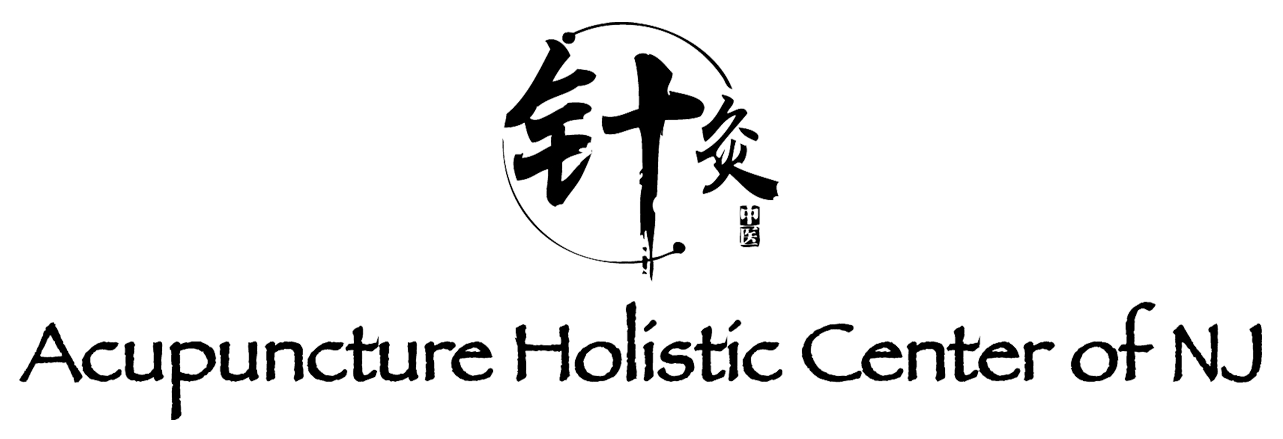Traditional Chinese Medicine Resources:
- AcupunctureToday.com
- Acupuncture.com
- National Certification Commission for Acupuncture and Oriental Medicine (NCCAOM)
- National Center for Complementary and Alternative Medicine (NCCAM)
- Chinese Medicine – General Information and Explanations of Terms
- National Library of Medicine
- Wholehealthmd.com
- Chinese Herbal Medicine home page
Western Medicine on Acupuncture:
About Acupuncture
It is a common misconception that acupuncture involves inserting needles into nerves. Typically, needles are inserted into safe areas within the skin and muscles avoiding nerves, veins and arteries, and vital organs.
The number of treatments needed depends on the individual and the conditions presented for treatment. In acute conditions, results may be seen immediately. But in chronic conditions, it will take weeks and even months.
Acupuncture treatments are cumulative. Therefore, an initial course consisting of 5 to 10 treatments is generally recommended, with follow-ups as needed. Most people experience some signs of improvement from the very beginning. However, some patients experience pain that feels worse before it gets better.
Yes! The acupuncturist uses FDA approved acupuncture needles that are sterilized and disposable after use. Treatments are minimally invasive, safe and produce no ill-side effects. To maximize your safety, licensed acupuncturists are fully trained in anatomy and acupuncture point location.
In the USA, acupuncture is known for its excellent effectiveness in managing pain, treating allergies and depression, and helping patient stop smoking. Acupuncture is also effective for treating disorders or dysfunctions of the musculoskeletal, respiratory, reproductive, gastrointestinal and neurological systems. If you would like to know if your conditions can be treated or helped by acupuncture, please call us.
Acupuncture is the stimulation of specific points of the body by the insertion
of fine needles with or without the application of heat or electrical stimulation to manage a variety of pains, treat diseases and disorders, and maintain well-being.
About Chinese Herbal Medicine
Chinese Herbal Medicine has been a primary diagnostic and treatment system since before recorded history. Chinese herbs are effective and safe when prescribed by a well-trained and national certified Chinese herbalist who pays careful attention to dosage, herb combinations, and known herb interactions. In addition, the Chinese herbal profession is working with the FDA to ensure the quality and safety of Chinese herbs imported into this country.
Herbs are usually gentler than most prescription drugs because of their balancing formulas and natural products. However, side effects from herbs are possible. The most common symptoms are gastrointestinal upset: gas and bloating due to slight difficulty digesting the herbs. The practitioner can modify the formula to reduce the symptoms or side-effects according to the patient’s feedback.
For safety reasons, patients should inform physicians of the herbs they are taking and the herbalist of any medications being used.
Acupuncture does not hurt. Needles are very thin and fine. Some patients feel only minimal pain as needles are inserted. Some feel no pain at all. Once needles pass through the skin, there is no pain regardless of the depth of needle insertion. In fact, most patients find the treatments very relaxing. Some even fall asleep during treatment. If a needle accidentally touches the nerve fiber or nerve ends or blood vessels, patients may experience sharp pain. In this case, most practitioners will remove the needle and insert another needle nearby. Pain will then go away.
Acupuncture is an ancient approach to restoring and maintaining health
of the body/mind/spirit. In terms of Chinese Medicine, Qi, “Life Force” or “Energy”, circulates within the 14 major pathways, “meridians”, in the body. Pain or health disorders occur when Qi becomes blocked, diminished, or redirected.Acupuncture helps patients and maintains well-being by removing Qi blockage and keeping Qi free flow through “meridians” in the body.
From a Western medical perspective, acupuncture therapy increases blood flow to speed up healing and stimulates hormonal changes. The effectiveness of pain control is thought to be due to a release of endorphins in the body and a result of relaxing tight muscles.
Every patient is unique. There is no set number of treatments. Office visits are usually weekly or bi-weekly. In practice, the practitioner usually combines the herbs with acupuncture and recommendations of nutrition, exercise, and lifestyle to achieve the best results.
There are about 2,000 herbs currently in use in China. An herbalist seldom prescribes a single herb, but offers herbal formulas. Most of the formulas have been developed from thousands of years of clinical practice and proven to be highly effective for many diseases and disorders. When you consult a nationally certified herbalist, the practitioner often prescribes specific formulas with modifications for your conditions.
Most commonly, herbs are cooked into herbal tea. Patients drink it as required. But pills, tablets, capsules, granules, and liquid herbal extracts are also widely used. They are very convenient for patient to use because there are no needs for cooking. Usually, they are taken three times a day with warm water.
The first appointment lasts about one hour. The follow-up appointments last about half an hour. During the appointment, an herbalist will inquire about your symptoms and lifestyle and perform tongue and pulse diagnosis. After information intake, the herbalist will determine the affected organs or “Meridians” and prescribe the formulas. You may get your herbal medicine the same day or later.
Many traditional Chinese acupuncture practitioners may manipulate needles and look for acupuncture sensations, called “De Qi” (arriving of Qi) in terms of Chinese Medicine. When Qi arrives, the patient experiences a tingling, numb, heavy, distending, or traveling feeling along the meridian pathway. It is a good indication that your body is responding to the treatment and the body’s healing powers have been stimulated. Most people find this relaxing both during and after the treatment.
People at any age can benefit from Chinese Herbal Medicine. The herbal practitioner will take any previous or current illness or medication into account before providing treatment and will pay special attention to children and pregnant women.
